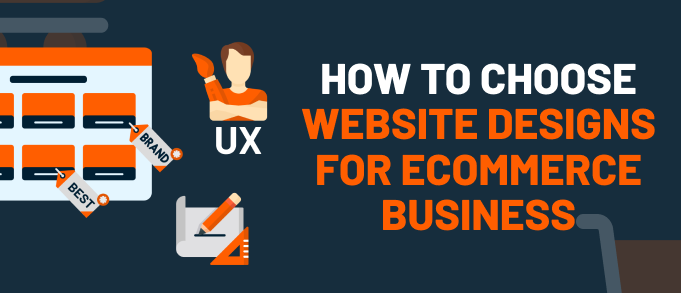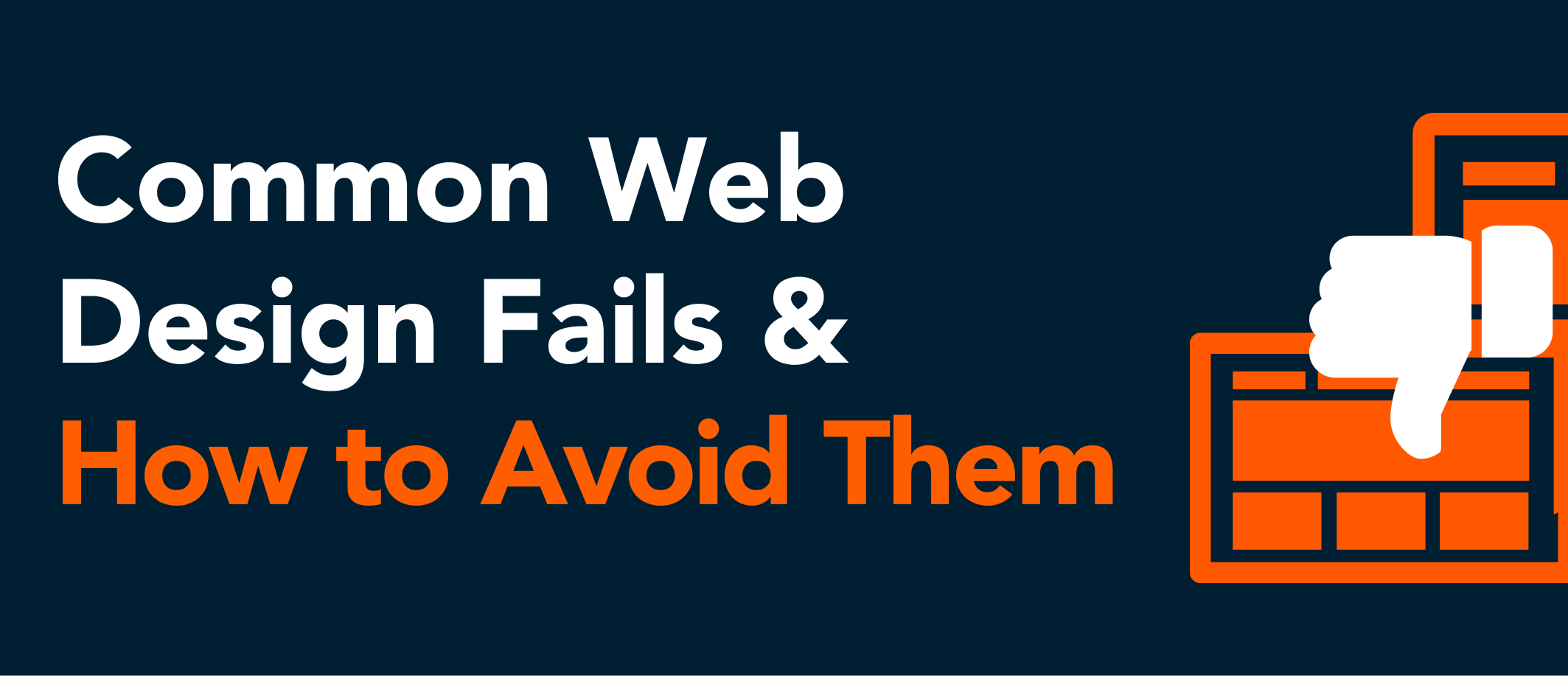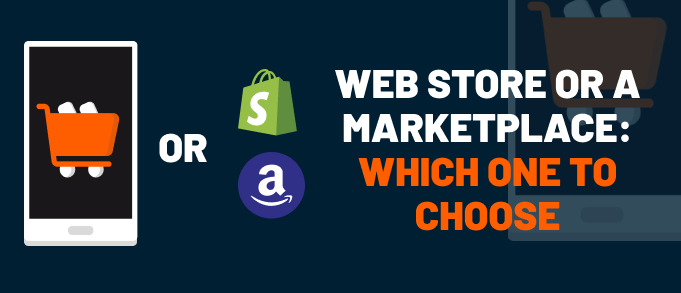Did you know more than 60% of small businesses do not have a website whereas 55% of small businesses intent to create a website in next two years. 83% of small businesses who already have a business website feel they have a competitive advantage over other who doesn’t. Being too small to have a website is the most common reason according to 35% of small businesses for not having a website followed by - Do not think it would help business (24%) and lack of technical expertise to manage website (21%). Check out our below infographic "Small business Websites - Statistics and Trends" for more information.

Infographic by Ecommerce Web Design Qatar
To Publish this Image on your Blog or Website . Copy this code
Top Reasons for small businesses not having a dedicated website
| Reasons | %age |
| Too small to have a website | 35% |
| Do not think it would help their business | 24% |
| Lack technical expertise to manage website | 21% |
| Too expensive | 20% |
| Do not have time to create one | 17% |
80% of small business owners who do not have website are yet to register their domain name.
48% of small businesses who plan to create a website expect their business to grow 25% or more within next 3-5 years.
Common functions of Small Business website
| Functions | %age |
| Providing General Information | 80% |
| Customer service | 45% |
| Capture Leads | 35% |
| E-commerce | 30% |
| Reservation/Appointments | 15% |
| Posting a Blog | 13% |
48% of small business owners plan to sell goods online within first year of having a website.
84% of small business owners say their website must be mobile friendly.






